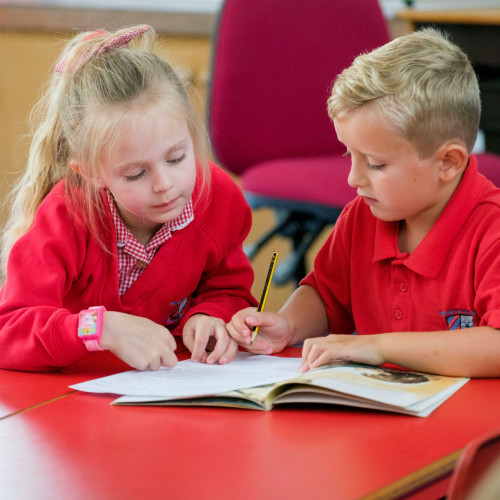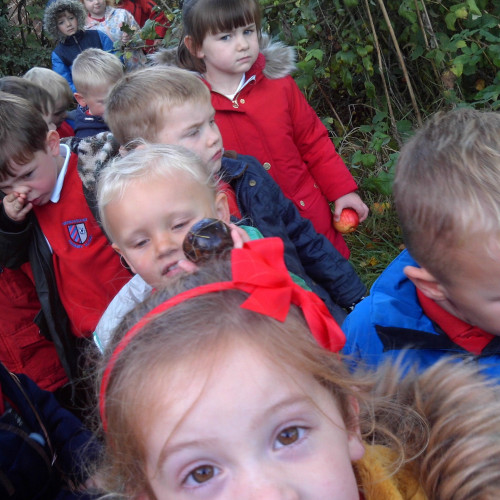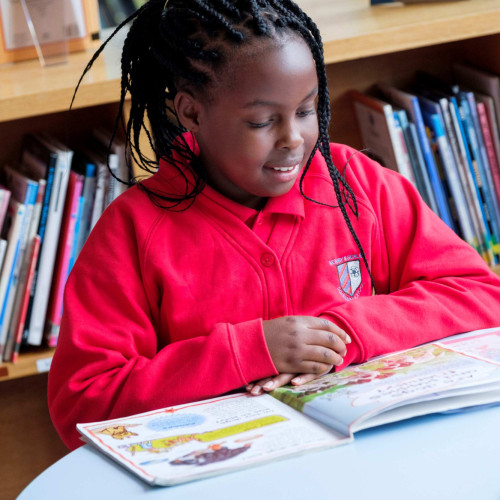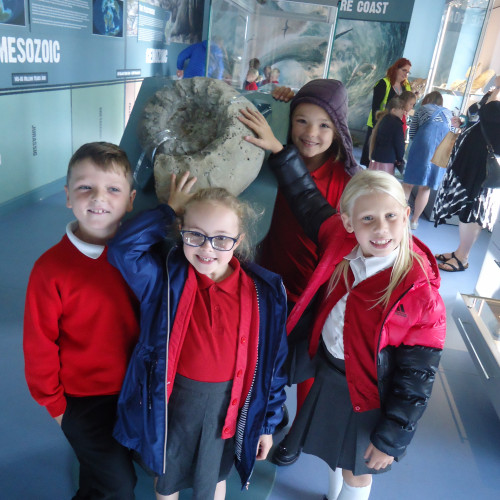RE
Our RE Curriculum is designed to instil in our pupils an understanding of the importance of everyone in the world and an acceptance of different beliefs. We identify and emphasise similarities in different belief systems. Studying religion and worldviews gives pupils opportunity to develop knowledge and understanding of important aspects of human experience. This is done at a local, national and global level.
Over time, pupils build knowledge of the world’s main religions and non-religions so as not to imply precedence. Where possible, this is done chronologically to help pupils understand origin and religious divergence. The religions covered are:
- Judaism
- Christianity
- Islam
- Hinduism
- Buddhism
- Sikhism
- Humanism
- Non-religion (Identity)
Knowledge is taught through themes and REC Big Questions rather than studying religion and non-religion in isolation. Pupils explore their own responses and those of others to these questions. This enables them to develop their own ideas, values and identity. Through recurring themes, pupils make connections in beliefs and practices and therefore recognise similarities and avoid stereotypes. The curriculum develops pupils’ knowledge about different religions and non-religions so that they can form their own opinions. Pupils are not actively involved in assuming a role in religious practices that are not their own. A range of influential figures are used to put knowledge into context.
The curriculum content builds progressively though the themes of:
- Origin
- Worship
- Symbolism
- Journey
- Belonging
Pupils develop:
- ‘substantive knowledge’, which is knowledge and subject-specific vocabulary about various religious and non-religious practices
- ‘disciplinary knowledge’, which is ‘how’ pupils learn about religion and non-religion (e.g. interviewing a faith leader, observing religious practices, analysing religious historical sources)
- ‘personal knowledge’, which is about pupils building an awareness of their own presuppositions and values about the religious and non-religious practices they learn
Through the RE curriculum we promote pupils’ spiritual development. They build knowledge of, and respect for, different people’s faiths, feelings and values. We encourage them to reflect on their own beliefs (religious or non-religious) and to reflect on their own experiences.
To promote the cultural development of pupils, the RE curriculum ensures they understand and appreciate a wide range of cultural influences that have shaped their own heritage and that of others. This includes cultures in their academy, community and further afield. Pupils develop an interest in exploring, improving understanding of and showing respect for different faiths and cultural diversity and the extent to which they understand, accept, respect and celebrate diversity.










